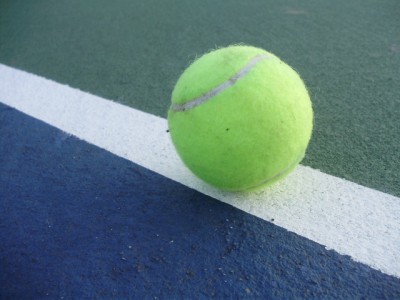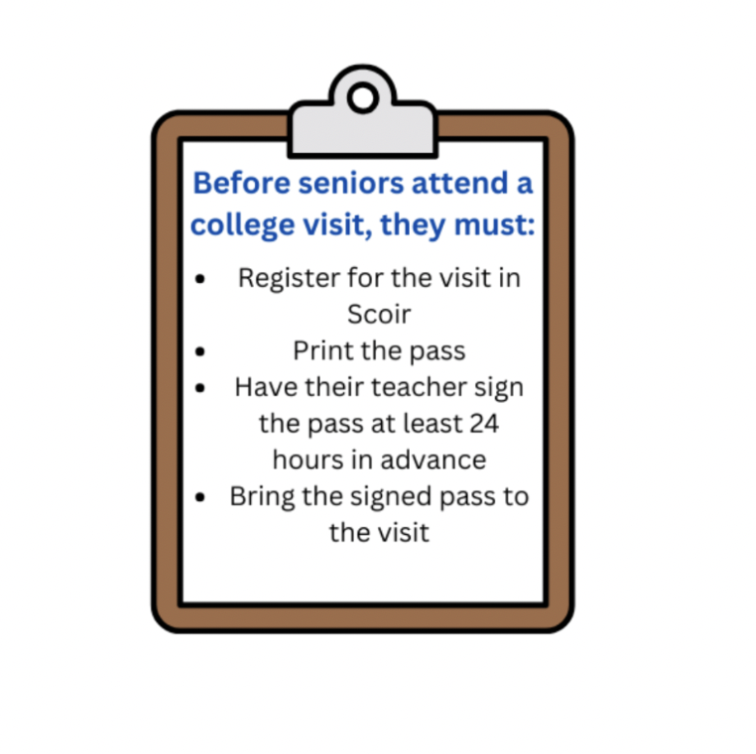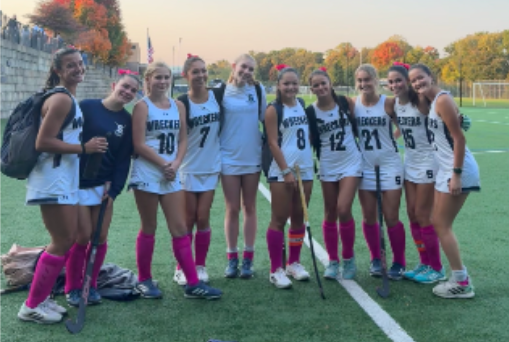
Golf is a game of honor. For Dylan Murray ’10, the honor code of golf is more important than his individual score.
In his sophomore year, Murray was playing one of his best rounds of the season against a weak Westhill team. He capped the round off with a hole-in-one on the last hole. He then, as every golfer does, signed his score card. Shortly thereafter, he realized that he inadvertently cheated–he moved his ball one putter head to the side in order to make way for his opponents shot on the first hole and forgot to return the ball back to its original position.
The move, which gave Murray no competitive advantage against his opponent, calls for a two stroke penalty, according to FCIAC rules. A two stroke penalty that Murray forgot to add to his score before signing the card.
Murray turned himself in for this infraction and had his score disqualified for the match.
“Dylan called the penalty on himself, and he didn’t have to because nobody else had noticed it,” Staples head coach Tom Owen said in an article published by the Norwalk Hour in 2008. “That’s the epitome of integrity.”
Murray’s model etiquette isn’t a normal scenario in high school sports. Because golf is an individual sport, it does not have official referees or umpires–standard for team sports. At Staples, golf, along with tennis, are the only two sports that players have to officiate their own matches.
Hannah Bjornson ’11, a captain of the girls’ varsity tennis team, said that she has seen many cases of cheating during her matches. She recalls opponents calling shots out that she believed to be in.
According to Bjornson, in order to preserve integrity in tennis, a player can call for line judges–which consist of one player from Staples along with a player from the other team, each making the call on a close call in a match. This, Bjornson said is a way to make sure the match is called fairly.
“I remember calling for a line judge last year in a high pressure match,” Bjornson said. “Line judges work because once you have them watching, it puts a lot of pressure on players to call the game fairly.”
Unlike tennis, golf doesn’t have the luxury of line judges. Acording to Kirk Massie ’11 captain of the boys’s varsity golf team, cheating happens a lot during golf–especially during tryouts.
“Since tryouts are very informal, it makes it easier to cheat,” Massie said. “You often see kids shaving off a couple of strokes to make the team–about two out of every five kids need to score well to make the team.”
But cheating in golf is not limited to tryouts. According to Zoe Greenblatt ’12, a member of the girls’ varsity golf team, she sees cheaters all the time.
“In order to prevent cheating from happening our coaches pair us up,” Greenblatt said. “Usually each group has an outgoing girl who won’t be afraid to call someone out.”
According to Patty Kondub, the coach of the girls’ golf team, there is a rule in the FCIAC that states if a player does not report someone cheating, then both of the scores of her opponent and her own score could get disqualified from the match. This encourages fair play, Kondub said.
“It’s kind of pathetic,” Kondub said, on the subject of cheaters. “Golf is a game of honor.”
In order to prevent cheating, Kondub encourages players to keep track of the other person so they don’t get “ripped off.”
According to Massie and Bjornson, cheaters in their respective sports–golf and tennis–can get away easy. They both agreed that cheaters are rarely reprimanded. However, they both agreed that the current system for both sports in dealing with cheaters is fair.
“No one wants to be known as a cheater,” Massie said. “The cheaters never play golf in varsity matches–the kids who cheat need to cheat because clearly they aren’t very good, their teams aren’t good. Good teams don’t have cheaters.”
If cheating happens during matches, it rarely ever gets brought up to the FCIAC.
Megan Tiley, Vice Principal at Bedford Middle School and FCIAC girls tennis chair of eight years, said she has never had to deal with issues regarding cheating.
“There is no established punishment for cheaters to my knowledge,” Tiley said. “The issue would be handled by coaches on the spot. Worst case would result in a forfeit.”
Murray’s selflessness to turn himself in is noteworthy, but his message to cheaters is clear.
“The bottom line is it is not fair to cheat,” Murray said. “We want to have the best team possible, the best players possible, the lowest scores possible, and best team chemistry. If we have a cheater on the team, they clearly are not pulling for the team, but rather themselves. If I caught someone cheating, I flat out don’t want them on my team.”










































